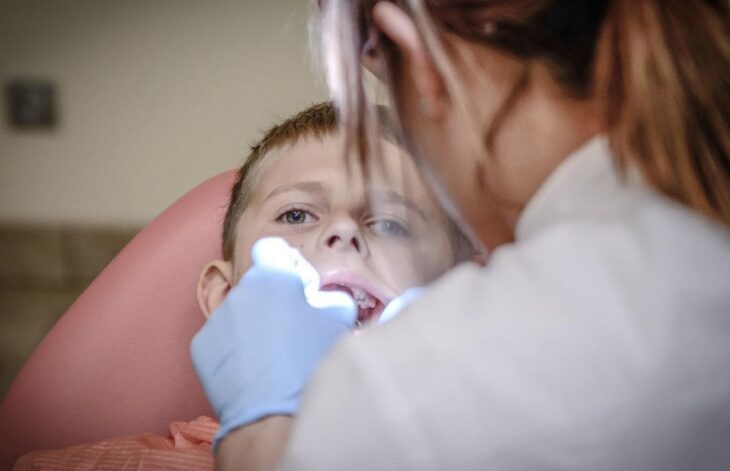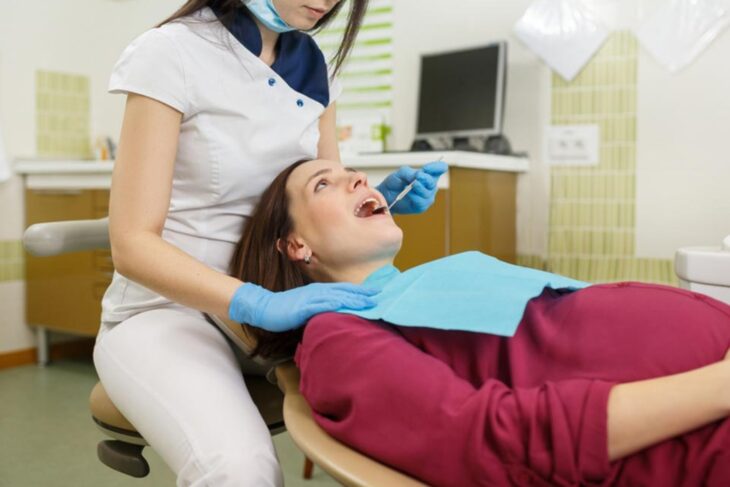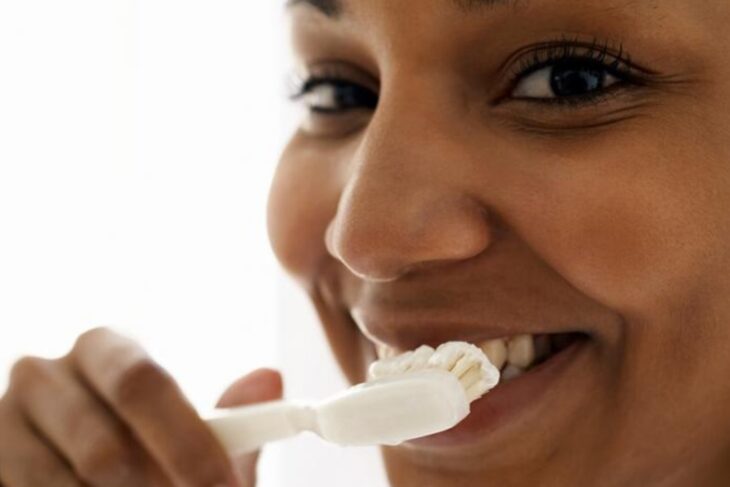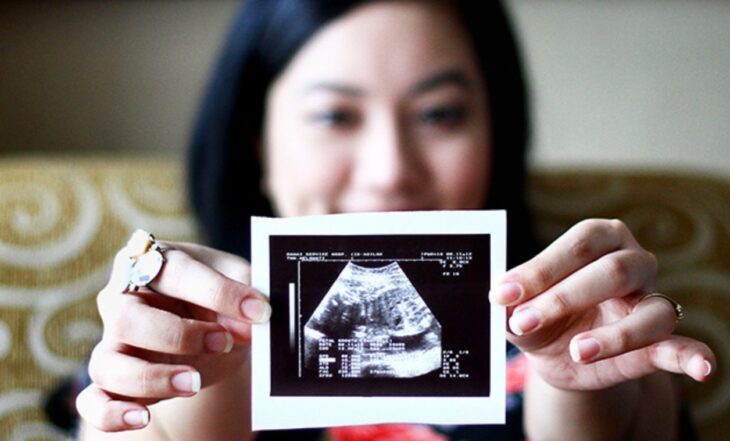One old wives’ tale that pregnant women may be quick to dismiss is the one about ‘losing a tooth for a baby’. It might come as a surprise that there is a lot of truth held in this myth. Indeed, during pregnancy, a woman’s oral health deteriorates and makes her prone to cavities and gum (periodontal) disease.
Most women believe that this vulnerability to dental problems arises from the leaching of calcium from their bones as the pregnancy progresses. However, a majority of the oral health challenges that pregnant women face arising from hormonal changes in their bodies.
An increase in hormones during pregnancy will affect your body’s reaction to plaque, leading to poor oral health. It is therefore important that mothers have access to dental care and emergency dental loans during pregnancy to mitigate the damage. Read more about medical loans here.

Contents
A sufficient intake of calcium during pregnancy ensures that there is enough for the baby and the mother. Any calcium loss will also peter out after breastfeeding is passed. Then again, if any calcium was to leach from the mother’s body to her unborn child, it will emanate from her bones, not her teeth.
Therefore, pregnancy will not inevitably damage your gums and teeth. The culprit is the rise of pregnancy hormones in a woman’s body. Did you know that there is a link between a pregnant woman’s gum health and premature births? Over 18 out of each 100 low birth weight premature babies are as a result of periodontal disease in mothers to be.
The chronic infection of the pregnant woman’s gums increases the risk of babies born with hearing, eyesight, or cerebral palsy. These health conditions are a common feature of prematurely born babies. According to the CDC, poor oral health during pregnancy can also lead to poor health outcomes for both the mother and the baby after the pregnancy period.
You can avoid cavities in young children by keeping your oral health in check during pregnancy. One fact that often startles women is that close to 75 percent of expectant women have gingivitis. Gingivitis is a precursor to periodontal disease. Women with early stage gum disease have inflammation of the gum that makes it swollen and red.
Because of the increasing levels of pregnancy hormones, gingivitis can lead to the loss of the bone matter that supports your teeth, if left untreated. The inflammation will infect your gums and loosen teeth that have minimal bone support. Eventually, the affected teeth will need extraction. For this reason, your oral health should be a big part of your prenatal care.

Source: FirstCry Parenting
Causes of Dental Health Problems during Pregnancy
Gum disease because of rising pregnancy hormones
Gum inflammation can cause gingivitis in the second trimester. This condition could cause the gums to bleed and swell. When brushing or during flossing.
Full-scale periodontal disease can cause tooth loss
Pregnancy pyogenic granulomas can cause the swelling of the gum, causing bleeding. To counter these disorders, talk to your dentist first. Use a soft toothbrush and brush at least twice a day. Always use toothpaste that has fluoride to protect your teeth against decay.
Morning sickness
Nausea during pregnancy can lead to excessive vomiting. This process will push gastric acids through the enamel, eroding it. Gastric reflux will coat your teeth with erosive acids, increasing the risk of tooth decay.
You should rinse your mouth using plain water after vomiting. Do not brush your teeth soon after an episode of vomiting because you will scratch away at the tooth enamel. Rinse your teeth then use a mouthwash with fluoride. Brush your teeth an hour later.

Source: nbcnews
Food cravings
Pregnancy hormones can escalate some food cravings or induce food avoidance as well. An appetite for sugary foods can escalate tooth decay. A surge in the frequency of small meals will also create an environment for plaque.
To keep your teeth healthy, snack on healthy fresh or dried fruits if you are craving sugar. Go for low sugar foods and rinse your mouth after a sweet snack. Brush your teeth after eating foods with high sugar content.
Lowered immunity
Changes in the expectant mothers’ immune system could encourage the growth of bacteria. Xylitol sugar alcohol found in candies, chewing gums, mints, oral care products, and diabetes friendly foods can lower the growth of harmful bacteria in your mouth.
Xylitol’s benefits to dental health include low sugar content, few calories, and the prevention of harmful bacteria from mother to infant. Data shows that children born of mothers with untreated dental disease and tooth loss are three times more at risk of having cavities in their childhood.

Source: Office on Women’s Health
Steps towards Better Dental Health Outcomes during Pregnancy
- Take more calcium during pregnancy. An increase in your calcium intake will meet the growing baby’s calcium needs and protect your bone calcium from leaching. Eat more cheese and drink more milk, soy milk fortified with calcium and unsweetened yogurt.
- Take more Vitamin D rich foods to ensure that your body can use your calcium intake better. Eat more eggs, cheese, fatty fish, and fortified margarine.
- See a dentist first if you are planning for a pregnancy. Have all elective procedures done before conception. There are, however, some non-urgent procedures that dentists can perform during the first trimester of pregnancy.

Source: Espire Dental
Conclusion
Your dental health during pregnancy can significantly affect the oral health of your child. Children that have poor oral health are three times more likely to miss school due to dental pain. Consequently, your state of dental health can create a domino effect for you and your child during pregnancy and later life.
Dental loans for dental emergencies can help you access dental care during pregnancy in the absence of adequate health insurance. Take the most affordable dental loans and pay it back slowly for ease of mind.
